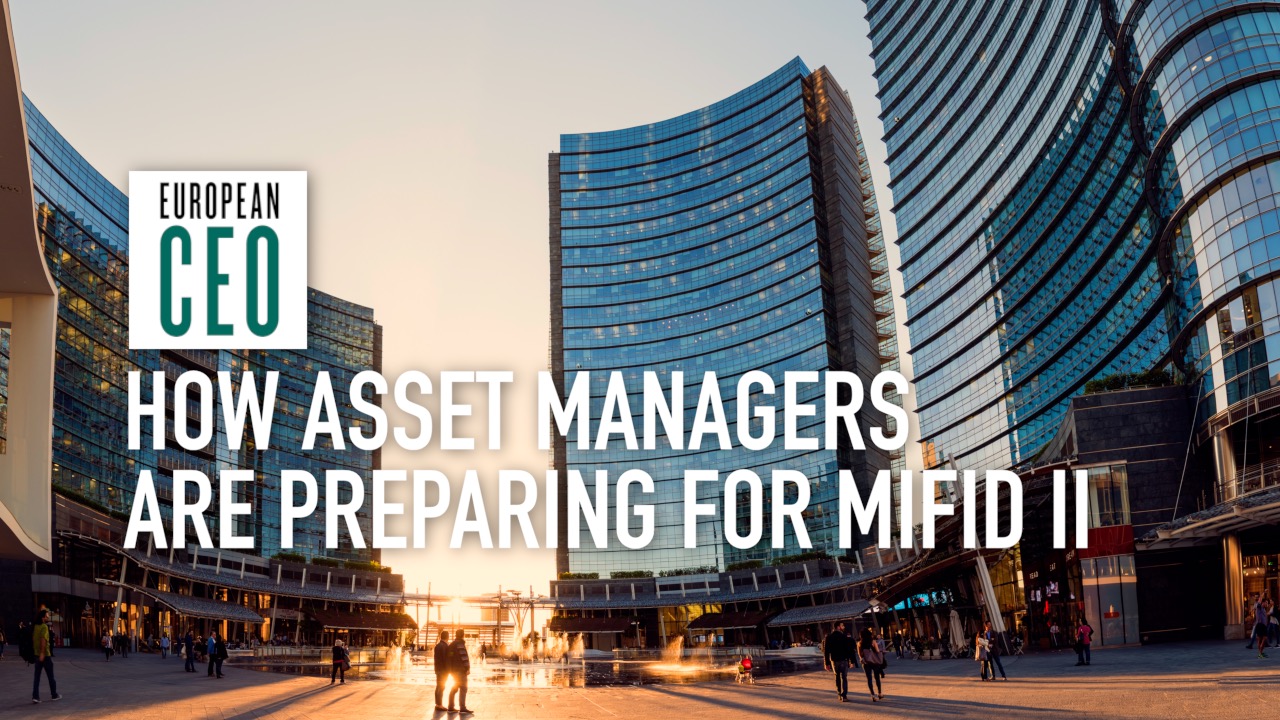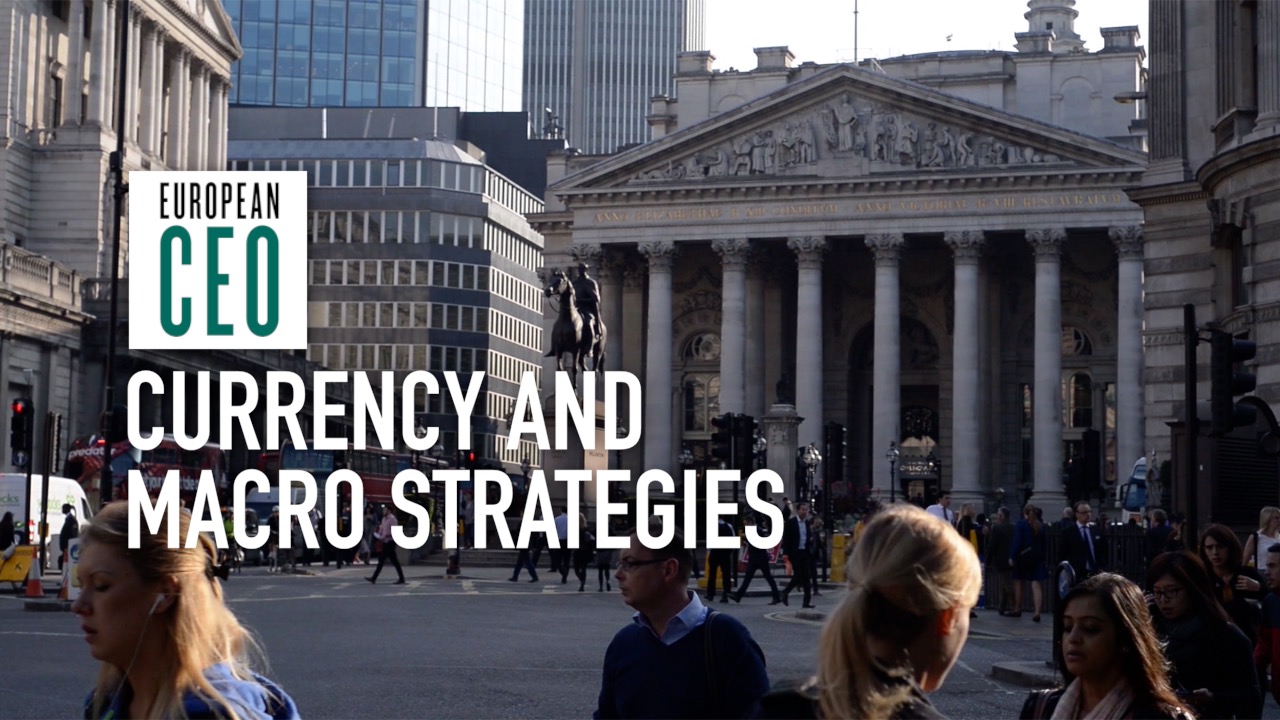ESG for asset managers: help businesses improve, says Eurizon CEO
Tommaso Corcos explains how Eurizon helps steer its investee companies towards greater sustainability
Transcript
Growth, innovation, and sustainability and the three core principles that guide Eurizon’s investments. Last year CEO Tommaso Corcos spoke about the first two, after the company launched its new currency and macro funds. European CEO catches up with Tommaso to learn about the third: its environmental, social, and governance principles. Instead of avoiding companies that have ESG issues, he explains, the company engages with them: steering the business onto a more sustainable path, and so giving its investors better returns, and its other stakeholders a better world. Watch the second half of our interview with Tommaso, where he discusses MiFID II and the future of asset management in Europe.
European CEO: In 1996 you became the first Italian asset manager to offer ethical funds, and today all of your funds match those same principles. Talk me through that drive.
Tommaso Corcos: Certainly the ethical funds were very important for our company. But we thought that we could do more in terms of being more engaged in certain areas that were important for the people working in Eurizon.
And so we decided to integrate the ESG criteria within our investment policy. And I think this is an important step towards an interpretation of the role of an asset manager: not only an investment solution provider. We want to be a player of a more important role; meaning the responsibility on corporate governance issues, on sustainability, on issues of social themes.
European CEO: So when you’re assessing your investment options, what are you looking for from an environmental, social, and corporate governance perspective?
Tommaso Corcos: First of all we rely on international providers that analyse data on relevant issues. And then we go through these issues, and we engage the companies on themes like waste, social issues, wages, pollution; all these kinds of aspects are relevant for us.
And instead of avoiding companies with relevant issues, we prefer to engage with them, to improve, let’s say, the behaviour of these companies, towards themes that are pretty important.
European CEO: How do you engage with those organisations?
Tommaso Corcos: We engage in different ways. We can call them directly, just by ourselves, or collectively with other institutional investors. We can write letters that go directly to the board of directors, or to the chairman. And we follow the conversation, to be continuously in contact with the company, to see if and how they’re trying to resolve the issues that we raised.
Recently for instance we engaged with an energy company on issues related to carbon dust, and to fields pollution. And so we have written a letter, and then we called the company to improve and change the situation. And eventually we succeeded, so we are happy.
And I will say that more companies pay a lot of attention to the role of institutional investors, and the money that they manage. We see a general improvement – I will say, talking about Italy, a strong improvement – in corporate governance, and also to the tendency of being more respondent to the issues raised by institutional investors, in themes like corporate governance, social issues, and environment issues also.
European CEO: And how have your efforts translated into returns for your customers?
Tommaso Corcos: The returns are certainly positive, because it’s demonstrated by a lot of studies that companies that follow the right corporate governance and take care of social issues and environment issues, have a better performance.
And this is certainly a positive aspect for the savers, for the retail investor. But even more than that, it’s important for ordinary people that companies and institutional investors play a more important role than just giving a better return. That certainly is important; but there is something more than that. And this probably could mean a better world for everyone.
European CEO: Tommaso, thank you very much.
Tommaso Corcos: Thank you very much to you, Paul.


 Eurizon CEO on MIFID II and the future of asset management in Europe
Eurizon CEO on MIFID II and the future of asset management in Europe Eurizon Capital: currency and macro will aid international growth
Eurizon Capital: currency and macro will aid international growth